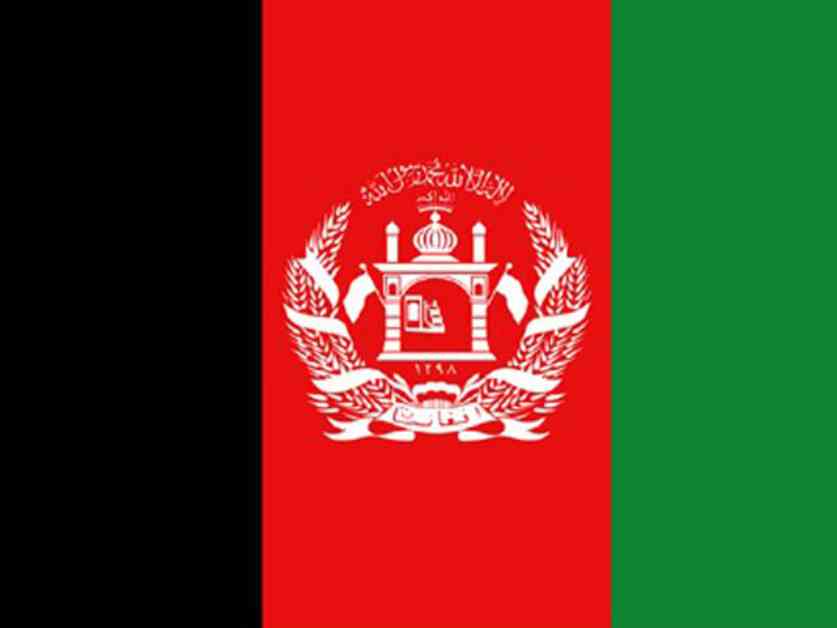The Importance of Girls’ Education: Afghan Taliban’s Absence at Key Event
The global spotlight recently shone on the issue of girls’ education when Afghanistan’s Taliban government chose not to send its envoy to a crucial summit in Islamabad. The event focused on the education of Muslim girls and was graced by the presence of Nobel laureate Malala Yousafzai. This two-day conference brought together education officials from numerous Muslim nations, emphasizing the critical role education plays in empowering young women globally. However, the absence of Afghanistan, the only country where girls are currently banned from attending school, raised significant concerns and highlighted the urgency of addressing this issue on an international scale.
Concerns Over Absence
Minister for Federal Education and Professional Training, Dr. Khalid Maqbool Siddiqui, had extended a formal invitation to the Afghan interim government to participate in the conference. The decision by the Taliban to abstain from this vital dialogue underscores the challenges and obstacles faced by young Afghan girls seeking access to education. With the spotlight on Afghanistan’s educational policies, the absence of their representatives at this summit sparked widespread discussions on the importance of overcoming barriers to girls’ education in conservative societies.
Global Efforts for Change
The participation of Malala Yousafzai, a leading advocate for girls’ education and a survivor of a Taliban attack, added a poignant layer to the conference. Her presence symbolized the resilience and determination of young women worldwide in pursuing their right to education. As the international community rallies behind the cause of girls’ education, the absence of Afghan representation highlighted the urgent need for concerted efforts to address systemic inequalities and discriminatory practices that limit educational opportunities for girls.
Looking Ahead
As we reflect on the significance of this summit and the absence of Afghan delegates, it becomes clear that the fight for girls’ education is far from over. The global community must continue to advocate for policies and initiatives that promote gender equality in education and ensure that all girls have the opportunity to learn and thrive. The legacy of Malala Yousafzai and the voices of countless young women around the world serve as a reminder that education is not just a privilege but a fundamental human right that must be upheld and protected for generations to come.









